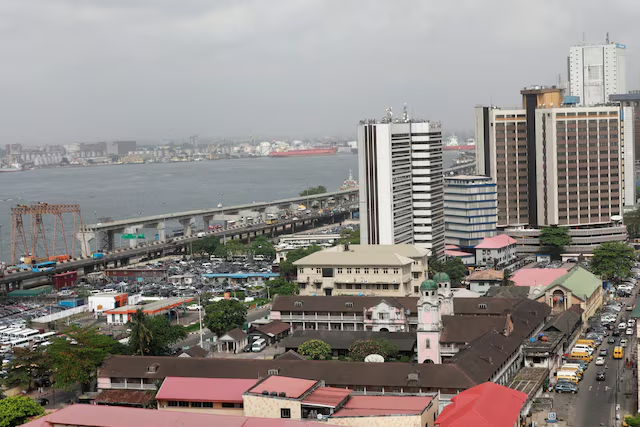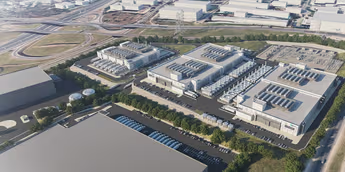Africa’s Real Struggle: Religion, Tribalism, and Political Rot — The Enemies Within

By George Omagbemi Sylvester
In the face of global change, Africa’s greatest battle may not be against poverty or colonial history—but against itself. While infrastructure and technology improve across the continent, deeper cracks continue to undermine real progress. These cracks are not always external—they live within us: religious extremism, ethnic divisions, and political decay.
Religion: Faith or Control?
Religion is one of Africa’s most powerful institutions. Churches and mosques are filled, and faith leaders command deep influence. But this influence often spills into politics—sometimes dangerously.
In some countries, politicians seek spiritual endorsements or even engage in rituals in hopes of winning elections. In Uganda, reports revealed that top political figures consulted witch doctors before polls. In Nigeria, clerics have declared political “prophecies,” sometimes swaying public opinion more than policy statements.
While religion can offer hope and morality, its misuse in governance has stalled objective decision-making and distracted citizens from holding their leaders accountable.
Tribalism: Unity or Division?
Tribal and ethnic identities are rich parts of African culture. But in the political arena, they often become weapons of division.
From Kenya to Nigeria to Cameroon, elections have been shaped less by competence and more by “where are you from?” Ethnic favoritism in appointments, projects, and government funding fuels resentment and weakens national identity.
As long as citizens continue to vote based on tribe, the cycle of underdevelopment and marginalization will persist.
Political Rot: The Decay Within
Corruption is perhaps the most familiar demon in African politics. Government officials caught in scandals often go unpunished. Public funds disappear. Promises of reform are made, broken, and recycled.
From state capture in South Africa to embezzlement scandals in Nigeria, the story is the same. Young people are disillusioned, and voter turnout in many countries continues to drop. Trust in the system is eroding.
Despite decades of independence, some leaders still cling to power, change constitutions, or run unopposed—all while basic services like electricity, education, and clean water remain inadequate.
The Way Forward: Internal Change
Africa’s future will not be determined solely by international aid or foreign investments. It will rise—or fall—based on how we confront our internal enemies.
We must build a society where religion uplifts but does not control.
We must foster a culture where ethnic identity is celebrated but not politicized.
We must demand leadership that is accountable, competent, and people-focused.
The truth is: Africa is not poor in resources—it is rich in culture, youth, and potential. But until we fix what’s rotting us from the inside, no external help will truly fix us.
Africa’s fight is not just against bad leaders. It is against blind loyalty, silence, and systems we continue to tolerate. The future depends on us recognizing that the most dangerous enemies are not across the ocean—they’re within.











































































































































































































































































































































































































































































































































































































































































































































































































































































































































































































































































































































































































































































































































































































































































































































































































































































































